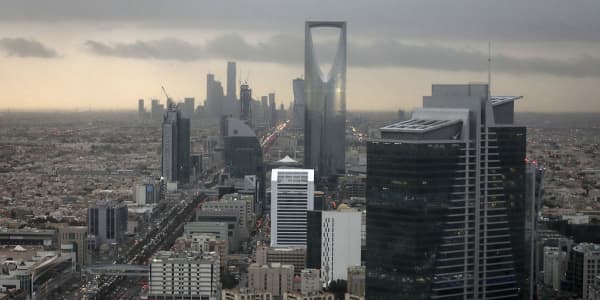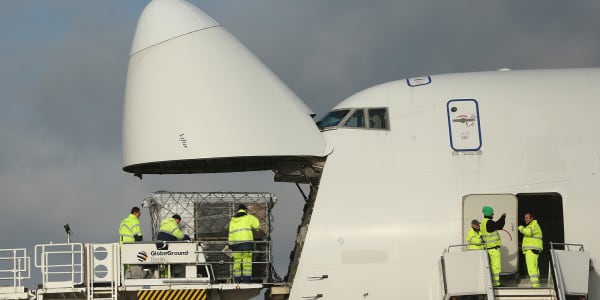Oil-rich Gulf countries and their need for affordable and social housing may sound an unlikely topic, particularly with most headlines focusing on the petroleum industry, wealth and excess.
But there there is a dire need for affordable housing within the region.
In fact, waiting lists for affordable housing for middle-income households in Gulf Cooperation Council (GCC) nations are long, according to Sassan Hatam, a partner at Roland Berger's Middle East offices who presented statistics on housing at the Gateway Gulf investment forum in Bahrain on Wednesday.
That's not to say the needs are the same across the GCC, however, with 60,000 "units" on the waiting list in Bahrain, compared to, for example, 100,000 on the waiting list in Kuwait. Similarly, the notion of "affordable rents" differs around the GCC.
In Bahrain, an affordable rent per month, for a mid-income household, is between 780 and 1179 Bahraini dinars ($2069 and $3127) while in Saudi Arabia, an affordable rent is between 480 and 1620 Saudi riyals ($127 and $431), which throws up the need for "diversified housing solutions," Hatam told the audience attending the "Affordable Housing" session at the forum.
The lack of affordable housing in the GCC was, Hattan said, down to several factors including the cost of funding (a typical mortgage rate in Bahrain is around 5 percent), the large share of expats in the Gulf who have no long-term interest in housing, as well as large amounts of unused land. All these contribute to the under-supply of housing, he said.
Hatam said governments in the region were starting to address the problem. In Abu Dhabi, for example, the government is creating an environment to support low-cost housing developments, requiring each new real estate development contains a minimum share of affordable housing. It's proved a success, too, with the first affordable housing development in 2016 selling out in just three weeks. Developers such as the UAE's Aldar Properties have also spoken to CNBC about affordable housing as a lucrative market.
"There really is a tremendous opportunity going forward and governments play a critical role, but these developments will need to be executed with the private sector," Hatam said.
Also speaking at the forum Wednesday, Bahrain's Housing Minister Basim Bin Yacob Alhamer said he had one goal in office. "For me, it's very simple — to increase and fast-track the delivery of housing units," he said.
Alhamer said his ministry had faced a "massive challenge" to deliver on a decree by Bahrain's King Hamad bin Isa al-Khalifa, who directed in December 2013 the provision of 40,000 affordable housing units — of which 25,000 were to be delivered between 2015 and 2018. Now, a handful of those developments are coming to fruition.
The Bahraini government has also started the Mazaya program — a social housing scheme in collaboration with the private sector in which eligible applicants can receive subsidized loans from banks to purchase houses with a maximum price of 120,000 Bahraini dinars ($318,000).
Alhamer said the affordable and social housing units being built would "raise living standards" for citizens but that more private sector involvement was needed.
"We have the leadership's support and (boosting the housing supply) is part of our 2030 vision. There is a high housing demand and the existing demand cannot be met by the existing supply, so we do need at least 5,000 units to be readily available for our national waiting list," the minister said.





